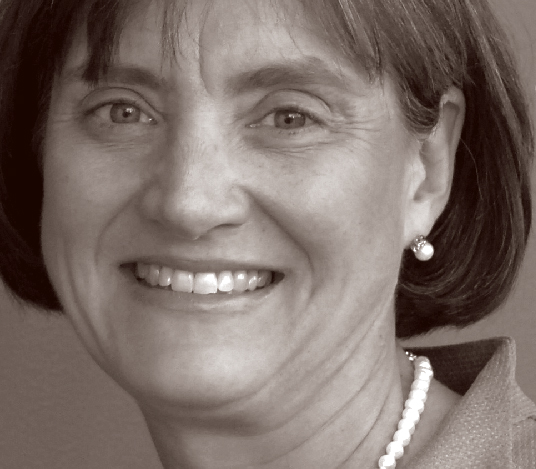 Christine E. Seidman, MD, Thomas W. Smith Professor of Medicine and professor of genetics at Harvard University, will be the next speaker in the 2012 Senior Vice Chancellor’s Laureate Lecture Series, a yearlong program highlighting some of the top biomedical researchers in their fields. Dr. Seidman’s lecture, titled “Insights into Cardiomyopathies from Next-Generation Sequencing,” will take place at noon on Thursday, October 11, in Scaife Hall, Lecture Room 6.
Christine E. Seidman, MD, Thomas W. Smith Professor of Medicine and professor of genetics at Harvard University, will be the next speaker in the 2012 Senior Vice Chancellor’s Laureate Lecture Series, a yearlong program highlighting some of the top biomedical researchers in their fields. Dr. Seidman’s lecture, titled “Insights into Cardiomyopathies from Next-Generation Sequencing,” will take place at noon on Thursday, October 11, in Scaife Hall, Lecture Room 6.
Dr. Seidman studies the genetic basis of cardiovascular disorders like cardiomyopathy, heart failure, and congenital heart malformations. In her laboratory at Harvard Medical School, she uses mouse models engineered to carry human mutations to examine the consequences that lead to cardiac disease.
Dr. Seidman earned her BS in biochemistry at Harvard University and her MD at George Washington University. After an internal medicine residency at Johns Hopkins University, she completed a research fellowship at the National Institute of Child Health and Human Development, followed by a cardiology fellowship at Massachusetts General Hospital (MGH).
At MGH, she was part of a group trying to isolate and clone the genes for adrenergic receptors, which are important in cardiovascular biology.
Since the late 1990s, Dr. Seidman has studied disorders of the heart muscle, beginning with familial hypertrophic cardiomyopathy (HCM), which increases heart thickness and predisposes one to heart failure and sudden death. HCM is the most common cause of sudden death on the athletic field. Dr. Seidman uses genetic approaches to discover mutations in proteins involved in heart muscle contraction. Her laboratory is then able to create mouse models that reveal how these mutations affect heart structure and function. In this manner, the Seidman laboratory has identified mutations that cause multiple congenital heart malformations.
In the February 16, 2012, issue of the New England Journal of Medicine, Dr. Seidman and colleagues identified a new gene responsible for a large percentage of cases of dilated cardiomyopathy, a common cause of heart failure and one that tends to run in families. While mutations to more than 40 different genes may lead to dilated cardiomyopathy, Dr. Seidman’s lab found that defects in the gene that encodes for the muscle protein titin are behind more cases of the disease than all other mutations combined. This information may someday allow doctors to identify those patients who are likely to develop dilated cardiomyopathy and initiate treatment sooner.
Dr. Seidman is a member of the Institute of Medicine and the National Academy of Sciences. Among many other honors, she has received the American Heart Association Basic Science Prize, the Bristol-Myers Squibb Award for Distinguished Achievement in Cardiovascular Research, and the Robert J. and Claire Pasarow Foundation Award in Cardiovascular Research.